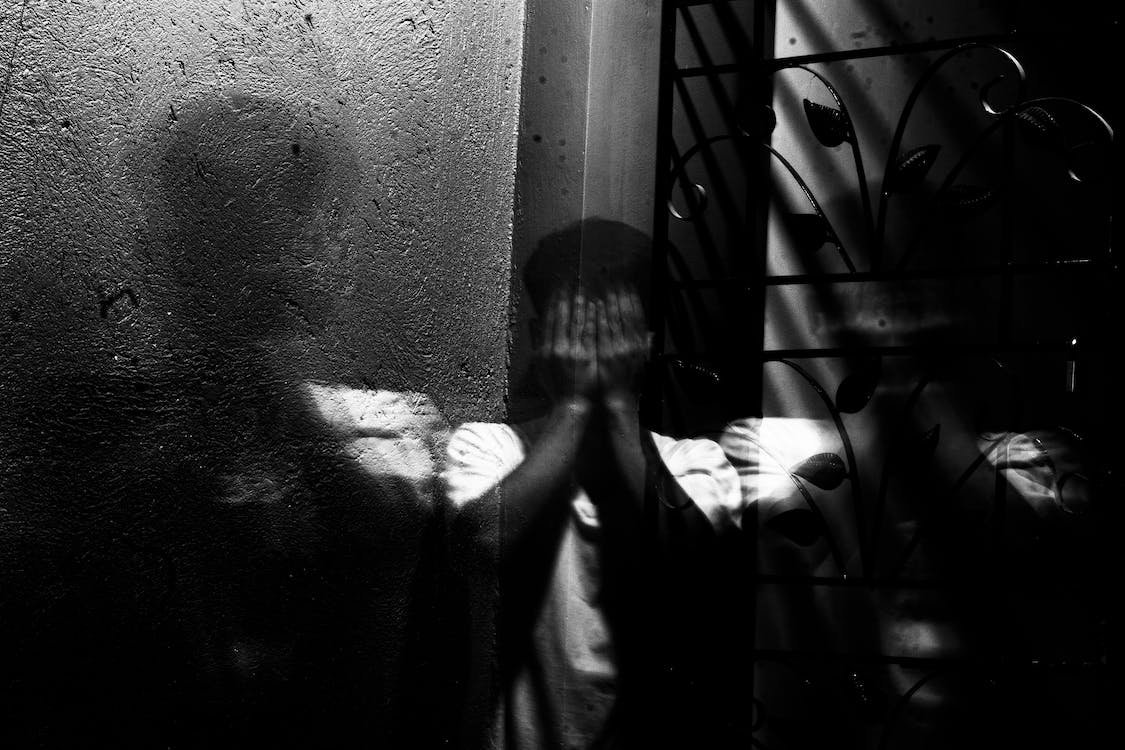Boys and men frequently encounter a variety of difficulties in society and are expected to live up to the high expectations set by others. These standards may cover anything from academic performance to athletic prowess, professional accomplishment, and even emotional fortitude. But many boys and men are frequently branded as failures when these expectations are not realized. This stigma can have negative effects that endure a long time, including a sense of shame and low self-worth.
The assumption that boys and men should always be strong, stoic, and emotionless is one of the biggest expectations imposed on them. This expectation is sometimes described by the expression “boys don’t weep,” and it is imprinted in males from an early age. This idea can cause repressed emotions and a lack of self-expression, which are both detrimental to boys and men in many ways.

In addition to being detrimental, the notion that boys and men should constantly be tough and emotionless is unrealistic. Everyone, regardless of gender, experiences emotions since they are a normal component of the human experience. It is absolutely acceptable for boys and men to cry because it is a common and healthy approach to let out feelings. In the same vein, boys and men don’t have to act a certain way to fit in with society; they can joke and be themselves.
The growth of toxic masculinity, which can cause boys and men to act in damaging and aggressive ways, can also be influenced by these unreasonable expectations. It may also result in a lack of openness and the inability to establish real connections with others. It might be challenging for boys and men to open out to others since they are trained to repress their feelings and to always be strong.
The stress of having to live up to these expectations can be harmful to one’s mental health. Boys and men may feel ashamed, anxious, or depressed when they fall short of the expectations that have been placed on them. Additional issues like substance misuse, behavioral issues, and even suicide may result from this.
In order to foster a more tolerant and helpful atmosphere for boys and men, society must acknowledge the suffering that these expectations may inflict. Inspiring boys and men to share their feelings and to be open and vulnerable without passing judgment is one way to do this. It can also entail dispelling the myth that men don’t cry and empowering men and boys to be themselves without feeling pressure to live up to social norms.
In conclusion, boys and men frequently encounter a variety of difficulties and demands from society, and if they are unable to live up to these demands, they risk being branded as failures. Their general well-being and mental health may suffer as a result. It is critical to acknowledge the harm that these expectations cause and to develop a culture that is more encouraging and accepting of boys and men so that they may express their feelings and be true to who they are.







